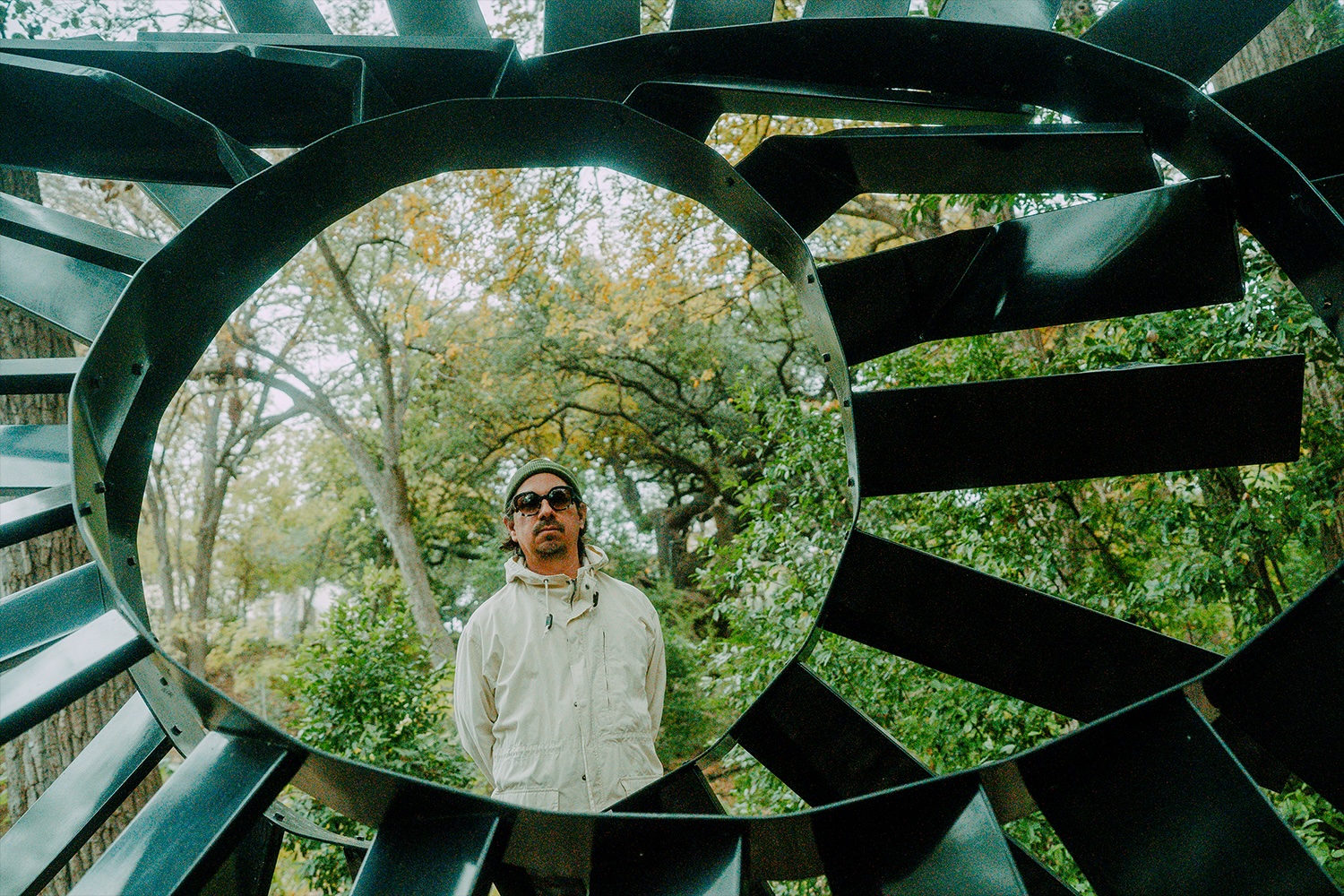Self Titled
Kae Tempest
(Island Records)
Self-titled albums tend to signal a reset in an artist’s narrative arc – including ones called Self Titled that nod to that process. Rapper, poet and playwright Kae Tempest has evolved considerably since he first appeared at open mics as a preternaturally wise teenager. His seventh album is a hard- and soft-hitting record about love (Sunshine on Catford, featuring Neil Tennant), neurodiversity (Diagnoses), London (the Carl Jung-quoting Hyperdistillation), being an artist and being a trans man. There is a lot here: anger fading to sorrow, defiance shading into compassion, guilt and hope; joy above all. Several tracks revel in sloughing off suffocating gender strictures while extending love to Tempest’s younger self. Statues in the Square raises a fist for the queer community.
But although Self Titled is an urgent rallying cry, it is also a frustrating listen, a mainstream club-rap record with only vestiges of Tempest’s more elliptical writing. In the hands of A-list producer Fraser T Smith, hard-hitting often becomes heavy-handed, as bombastic electronic hip-hop accompanies rivers of words that too often favour telling over showing.
Breathe is a one-take cri de coeur unaccountably scored by generic, busy electronics. Tempest’s most affecting moments occur in the interstices. By Kitty Empire

Period
Kesha
(Kesha Records)
On her first two albums, 2010’s Animal and 2012’s Warrior, Kesha was the chaotic pop rebel who brushed her teeth with a bottle of whiskey. But during the subsequent legal battle with her then label head and chief producer, Dr Luke, her music became quieter, more insular, less “Kesha”. Now out of that contract, her sixth record is a gloriously messy celebration.
Newsletters
Choose the newsletters you want to receive
View more
For information about how The Observer protects your data, read our Privacy Policy
The opener, Freedom, may start with sombre strings, but it quickly morphs into a lithe funk strut about sex shops. The lead single, Joyride, a ludicrous EDM meets polka hybrid, anticipates those alarmed at the return of Party Kesha with the curt: “I’ve earned the right to be like this.”
Relationships of all hues are dissected across the 11 songs; Delusional is a kiss off to a no-hope ex, while the hyperpop of Red Flag suggests Kesha quite likes picking wrong ’uns. On the quiet, self-reflective Cathedral, she reviews her past. “Guess darkness leads you to light all along,” she sings. The neon-bright Period is her proper comeback. By Michael Cragg

Dancing Shoes
Nilüfer Yanya
(Ninja Tune)
Though the four tracks that make up Dancing Shoes started life in the same writing rooms as Nilüfer Yanya’s acclaimed 2024 LP My Method Actor, it’s telling that the west-London artist opted to release them as a standalone EP rather than add them to a deluxe edition of her third album. Whether she couldn’t quite – or didn’t want to – wrangle them into shape back then, now, having returned to the tracks after touring, her collection has an identity of its own that already feels evolved from its predecessor.
The limber, Radiohead-like quality of Yanya’s melodies is still present, snaking over the sinuous guitars and lyrical seduction of opener Kneel and into closer Treason, where a stark tale of lies and loss sits atop a ghostly, wounded backing.
Elsewhere, there’s a claustrophobic feeling to the production, where Yanya pushes beats and percussion into intense, gritty ground.
Where to Look’s echoey, industrial drums drag the track to a harsh, uncompromising climax, while Cold Heart is propulsive and synthetic. Dancing Shoes is more a bleak tango than an exuberant waltz, but its rhythms ensnare the listener either way. By Lisa Wright

Boleros Psicodélicos II
Adrian Quesada
(ATO)
Quesada has become something of a Latin American marvel. He is celebrated primarily for the Tex-Mex soul band he co-fronts, the Black Pumas, though in his adopted home town of Austin, Texas, he leads several others, including Grupo Fantasma, and is a sought-after producer. A few years ago, Quesada discovered the sonic world of late 1960s Latin pop, when traditional balladry embraced new technology: surf guitars, proto synths, monster echo chambers and the like. This, his second volume celebrating the mutant genre, proves even more alluring than its 2022 antecedent.
As before, he has an impressive roster of vocalists in train. Most are little known outside the Latin diaspora, but Angélica Garcia, who made a breakthrough in 2019 when her song Jicama was included on Barack Obama’s annual “best of” list, shines on No Juego. Swiss-Ecuadorian brothers Hermanos Gutiérrez provide an ominous instrumental, and there are contributions from Puerto Rico, Colombia and Cuba. The genre may be extravagant but the dozen songs arrive clipped, lush and, yes, psychedelic. By Neil Spencer
Photographs by Jessie Glazzard; Molly Daniel; PR
